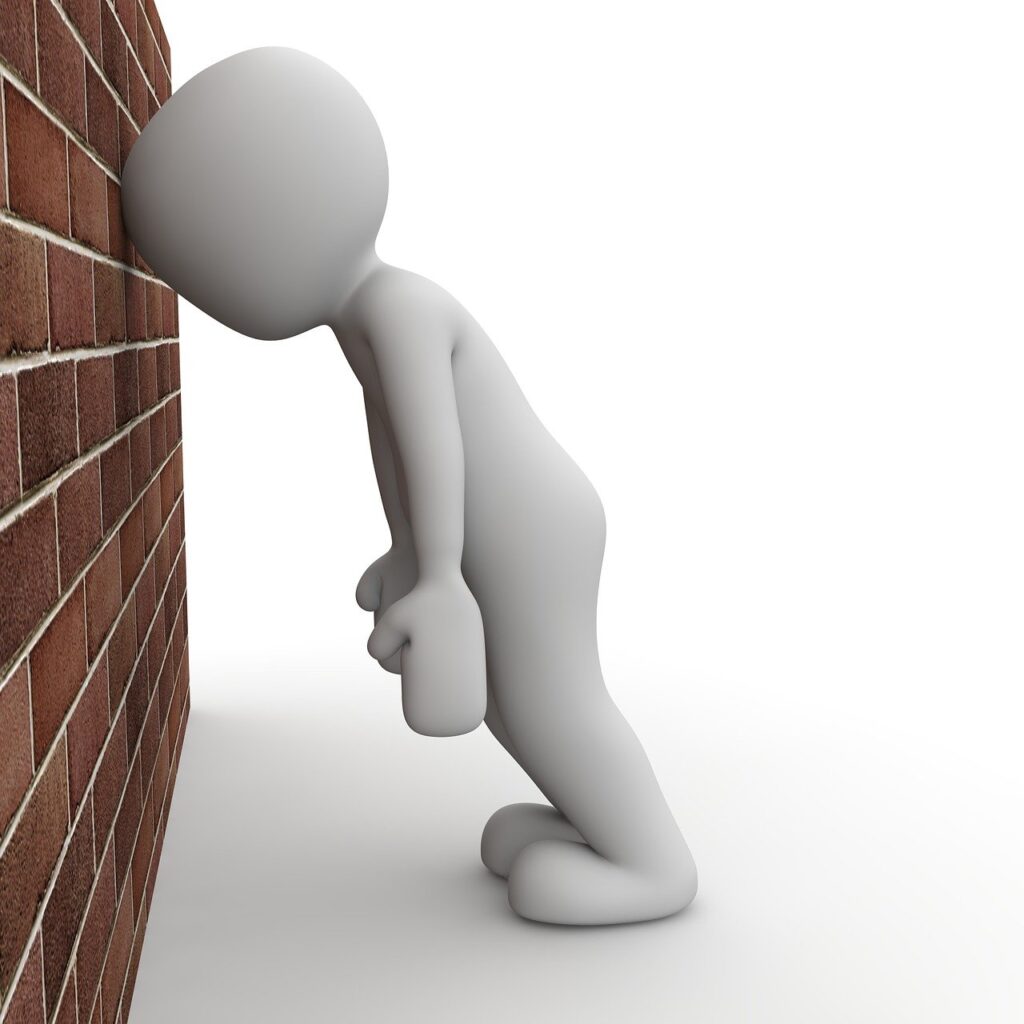Education is the transmission of knowledge, skills and character traits and manifests in various forms. From today’s perspective this typical definition of education should be modified. From early childhood education to higher education and lifelong learning, it plays a vital role in shaping individuals and communities. It’s not just about acquiring knowledge; education fosters critical thinking, problem-solving skills, creativity, and empathy. Access to quality education is key to addressing inequality and unlocking human potential. Whether formal or informal, traditional or online, education opens doors and empowers people to reach their full potential.

We are all different, we all like different things. It’s not easy to make an education system that will be easy for everyone but the old education system can be upgraded with new things in order to be more interesting for the new generations. The clash between smart and innovative kids and traditional education systems is a classic tale of this era of living. Often, these systems are built on outdated models that prioritize conformity and memorization over creativity and critical thinking. “Smart kids”, who may think outside the box or grasp concepts quickly, can find themselves frustrated or bored in such environments.
Macedonian education system follows a structure similar to many other European countries. We have early childhood education is available for children from birth to age 6, although it’s not compulsory. This type of education is called Kindergartens, and preschools provide early childhood education, focusing on socialization, play-based learning, and basic skills development. After Kindergartens, second period called Primary education is compulsory and typically lasts for nine years, starting at age 6. The primary education curriculum covers a range of subjects including language, mathematics, science, social studies, physical education, arts, and foreign languages. After nine years, a new chapter begins in the Macedonian education system, and that is high school. Secondary education is divided into two cycles: lower secondary (education typically lasts for three or four years and is not compulsory) and upper secondary education is divided into general education and vocational education. General education focuses on preparing students for university studies and lasts for three or four years in Gymnasiums. Another type, called Vocational education provides practical skills and knowledge for specific careers and can last from one to three years. North Macedonia has several universities and other higher education institutions offering bachelor’s, master’s, and doctoral degrees. Higher education institutions offer programs in various fields, including arts, humanities, sciences, engineering, medicine, and more. The Bologna Process, which aims to create a unified European higher education system, has influenced the structure of higher education in North Macedonia, with bachelor’s, master’s, and doctoral degrees following the three-cycle system.
Where is the problem?
If you want to destroy a nation, start with the education system, says an old wisdom, which seems to be reflected exactly in our society. Generations of young people have been ruined by constant experiments in education, which later cannot be truly realized in life, often wandering in the wrong places, without giving the right contribution and quality. The education system has been completely ruined.

Like many countries, North Macedonia faces challenges in education system, including funding issues, infrastructure needs, and disparities in access to quality education. Efforts to reform the education system have focused on improving curriculum standards, teacher training, access to education in rural areas, and aligning with European educational standards.
Lateness of books, lack of sufficient funds for their printing, introduction of a new concept of teaching, adaptation of the new programs by teachers and students are some of the numerous challenges facing the education system in the country. From my perspective, the Macedonian education system has many problems, but the essence is the constant introduction of new programs that do not coincide with any other. Тhis trend has been going on for years, every new minister makes ‘experiments’ with the educational system and this leads to a decrease in the knowledge of students. In short, wanting to be equal with European countries, our educational system is slowly disintegrating. But from a young person’s perspective, corruption is a bigger problem. This major problem has only grown in every sphere over the years. There is no school where at least one of the teachers did not come from a political community. Then a larger percentage of them study in private colleges, these educational institutions are often opened by one of the political leaders. Their salaries are low and they can barely cover their basic expenses. Many of my high school teachers worked two jobs in order to make more money. The moon shines as it reflects light from the sun. Often their anger towards the authorities due to the low wages and working conditions, and their dissatisfaction is reflected on the students.
Today’s high school students are not naive at all, that’s why I call them “smart kids”. They are living in the best time in human history. We have many benefits, we are connected to the internet every moment and we have a lot of information with just one click. Many times these “smart kids” are learning from outdated books. For example, they are using 5G smartphones, but still learning how to connect to WI-FI. Books are full with old information, or they have not books.
To address this, schools should aim to supplement older materials with more recent resources, such as digital content, updated editions, or online resources. Additionally, encouraging critical thinking and teaching students how to evaluate information for relevancy and reliability can help them navigate through both old and new sources effectively. It’s crucial for educational institutions to strike a balance between honoring the past and preparing students for the present and future.
PISA is one of the most widely used and reliable international tests of literacy, which is the knowledge a student needs to succeed in school and in life. The test questions are based on real-life circumstances, and the answers measure functional knowledge, which is crucial for making connections, understanding and solving problems.
Тhe negative consequences that directly affect education have been shown in the results of the last PISA test. With a minimal difference, the results for North Macedonia maintain the level measured in 2018. Out of a total of 81 countries that were part of the testing, with 389 points scored, our country is in 61st place according to math results. With the 359 points achieved in the measurement of language literacy, reading comprehension, we are ranked 71st, while in natural sciences our students scored 380 points, which ranks the country in 68th place in Europe.

Graduated lawyers sell in the green markets, mechanical engineers work in journalism, philologists deal with wall painting. And those few quality personnel that will emerge from our educational system, unable to come to the fore in a country where the only qualification for a job is a card from some political community or close family ties with an official, are looking for a way out abroad.
We all think differently, many of my friends moved from Macedonia. If we want change, we need to act together. Corruption, bad education and many other problems need to be solved so that future generations can live in a better society. The last generation destroyed our future, now it’s time for us as a new generation to act wisely.